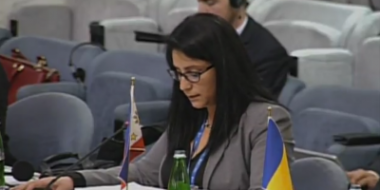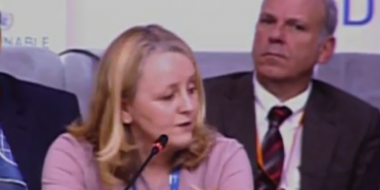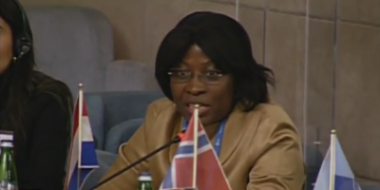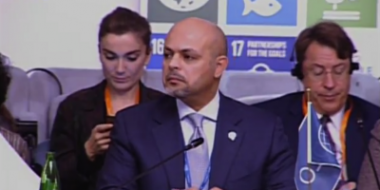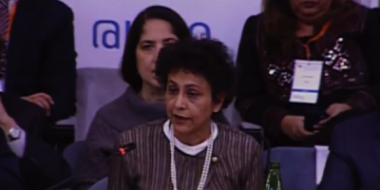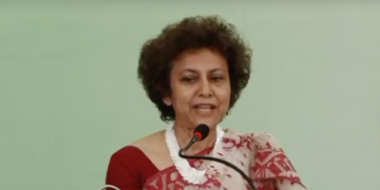Justice and development actors have been increasingly discussing how to improve engagement with customary and informal justice (CIJ) systems to contribute to Sustainable Development Goal 16 and access to justice for all as well as Goal 5 on gender equality.
Despite their perceived advantages, many CIJ systems perpetuate patriarchal values, reflect male-dominated structures, and produce discriminatory and harmful outcomes for women and girls. These challenges call for a better understanding by placing women’s issues and concerns at the center of discussions on policy directions and entry points for engagement.
On 10 September 2020, IDLO hosted a webinar to launch a new report, Women and Customary and Informal Justice Systems, which provides recommendations for engaging with CIJ systems to facilitate and improve justice for women. It is the third report in a series Navigating Complex Pathways to Justice that seeks to advance policy dialogue and distil lessons from programming and research to advance SDG 16. The series informed IDLO's global consultation on customary and informal justice systems.
Opening remarks and report launch:
Jan Beagle, Director-General, IDLO
Panelists and moderator:
- Hilary Gbedemah, Chairperson, CEDAW Committee
- Beth Roberts, Program Manager, Center for Women’s Land Rights, Landesa
- Emerlynne Gil, Senior International Legal Adviser, International Commission of Jurists
- Rita Aciro-Lakor, Chief Executive Officer, Uganda Women’s Network (UWONET)
- Dr. Fiona Hukula, Senior Research Fellow, Papua New Guinea National Research Institute
- Romualdo Mavedzenge, Regional Manager, Africa, IDLO
- Dr. Ilaria Bottigliero, Director, Policy, Research and Learning, IDLO (Moderator)


